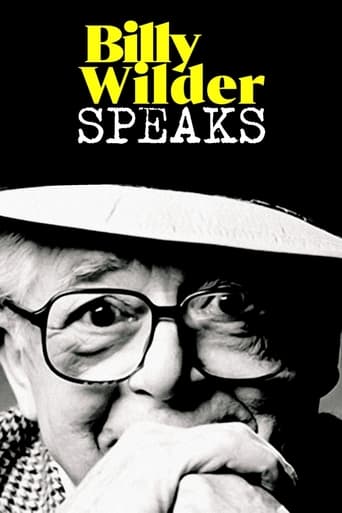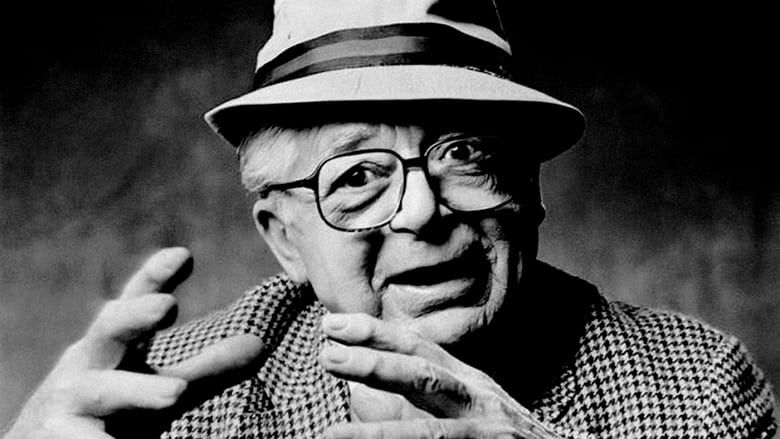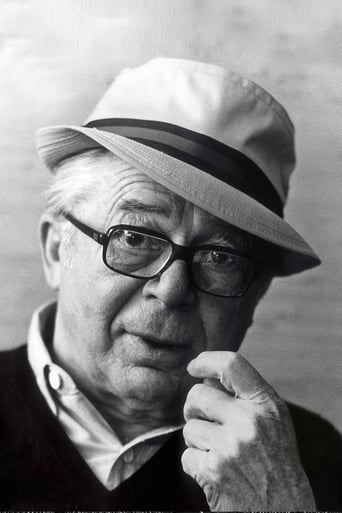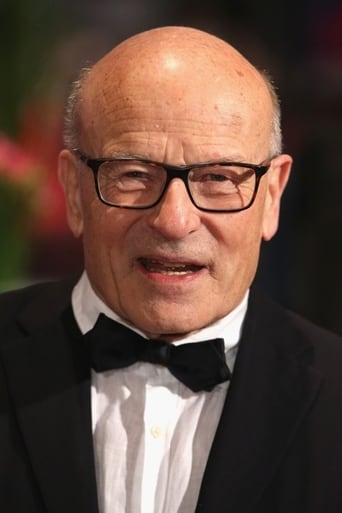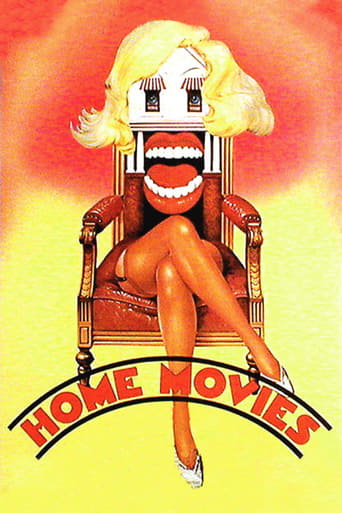In 1988, German filmmaker Volker Schlöndorff sat down with legendary director Billy Wilder (1906-2002) at his office in Beverly Hills, California, and turned on his camera for a series of filmed interviews. (A recut of the 1992 TV miniseries Billy, How Did You Do It?)


Similar titles
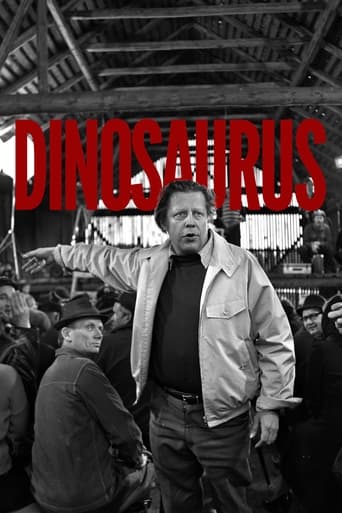
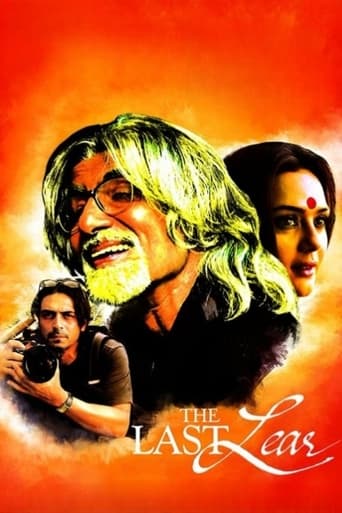
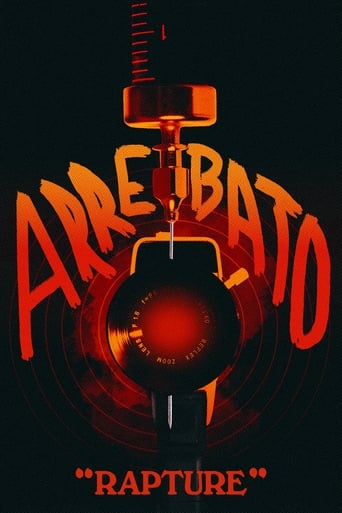
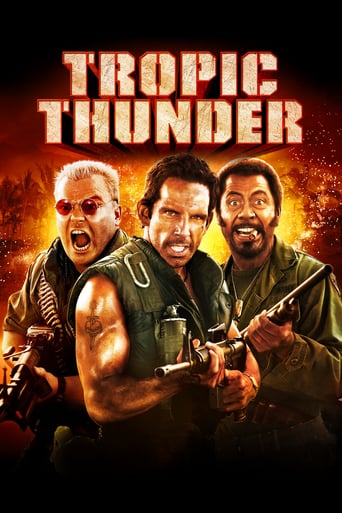
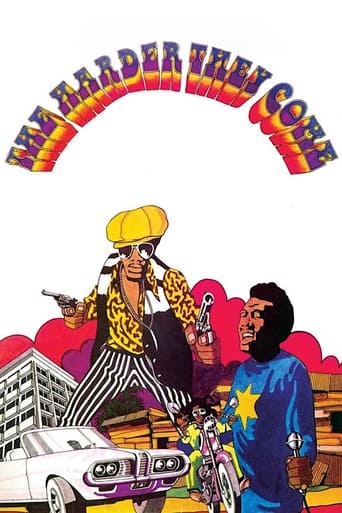
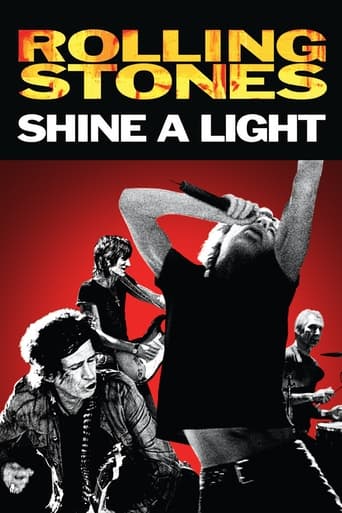
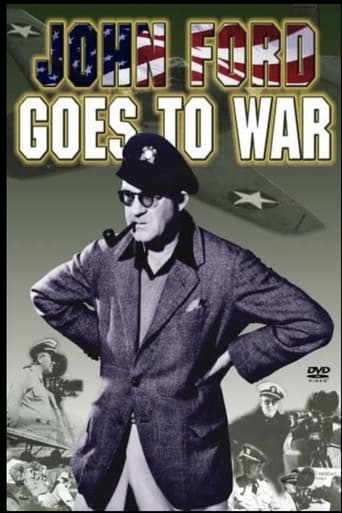
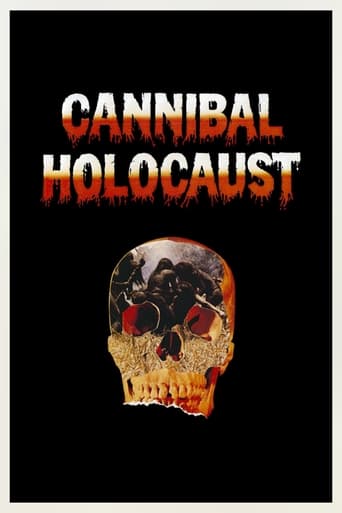
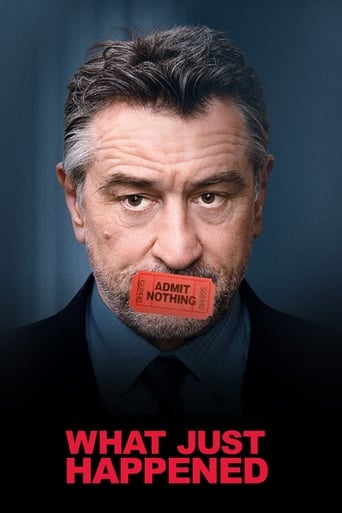
Reviews
Billy Wilder was a genius when it came to writing and directing films. There's no doubt about that and listening to him reminisce makes this documentary worth seeing--particularly for film buffs like myself. I thoroughly enjoyed listening to him talking with Volker Schlöndorff ("The Tin Drum"). However, from a technical point of view, the film really sucks as well. Let me explain. There are a could serious problems which could have and should have been dealt with--especially since the film was made by a director about a director. The conversation often lacks a systematic focus. Often, the chronology of what they are talking about is all mixed up and you'd think there'd be some sense of cohesion to the conversation in the film. There isn't...and it is odd. The total effect is like overhearing a couple guys talking but only catching a bit here and there.
Maybe I'm crazy -- entirely possible -- but this seems to me to be identical to "Billy Wilder, wie haben Sie's gemacht?" which is another documentary containing the same interview. I'm not saying it's not edited differently or whatever - I don't know the material that well - but the interview with Wilder seemed the same. He speaks a great deal in German and tells some wonderful stories about Marilyn Monroe, Marlene Dietrich, Audrey Hepburn, the making of Sunset Boulevard and Sabrina, and the films he made about the concentration camps after the war that were shown in Germany.Wilder was a marvelous raconteur speaking in English or German, and his explanation of why he used "Isn't it Romantic" in so many Paramount films is hilarious, as are his stories of the first showing of Sunset Boulevard and trying to get Monroe to say It's me, Sugar," instead of "Sugar, it's me" in "Some Like it Hot." The stories are unforgettable, which is why I know I already heard them in "Billy Wilder, wie haben Sie's gemacht?" Well worth seeing if you're a fan of Wilder or just a film buff. He was a true genius and a lively personality.
I guess every director, like every human being, has quirks. Ford chewed on a hankie. Hawks spoke in a drawl so slow that it sounded at times like an old-fashioned vinyl 78 record being played at 45 rpm. Hitchcock always wore a dark suit on the set and in his earlier years made sure that the point of one of his collars curled upward.Billy Wilder's criterial attribute was body motion. He's never still. He never WAS still. The guy was in his mid-80s during these half dozen interviews with Schlondorff and he's constantly gesturing, twisting his head around, blinking, scratching his back, fiddling with some object like a pair of eyeglasses. When he was working he stalked around waving a walking stick, a very animated gnome.I'm not sure that anyone who is already familiar with his work will find out much new in these talks. There is the story of Marilyn Monroe unable to remember her single line -- "Where's that bourbon?" -- and Wilder having the line printed in large letters and taped to the walls and furniture. After some sixty takes of the scene, Wilder drew her aside and asked why there was a problem. Monroe: "What problem?" Wilder had other, less spectacular difficulties, with other performers but he holds no grudges and gives them credit for their various virtues. He's not mean about anyone he's worked with. As he tells Schlondorff, his philosophy is that you're not married to someone you happen to be working with. The arrangement lasts only a few months.He's great on anecdotes but seems to have told them so often that he's no longer excited or amused by them. At any rate, he doesn't laugh at them any more. And he tells them in a rushed tempo, sometimes in English, sometimes in German, and sometimes in a macaronic mixture of both, in a voice so studded with hesitations and stuttering that it's sometimes a little difficult to follow him in either language. "So -- so -- I told da -- da -- da sound man to crank up da -- da -- volume -- ent -- ent -- denn zwar lacherlich." He's not especially articulate. His metaphors are grounded in everyday experience. To Wilder, a successful movie should sweep the audience up, hold them in a choke around the neck, and never let them be reminded that they're just watching a movie. God forbid he should ever come up with a hoity-toity expression like "the suspension of disbelief" or "the epoche of the common man." It's an interesting documentary about a fascinating man who suffered a great deal of grief in Europe and who managed to sublimate his bitterness in art.
Billy Wilder Speaks (2006) *** (out of 4) Director Volker Schlondorff interviews legendary director Billy Wilder over a two week period and gets his thoughts on his films, writing and various other things. Overall it's a nice chat with Wilder but several times the director goes off topic with stuff that's not really interesting. I hoped there would be more of a commentary on his films but that's not the case, although he does have a few good thoughts on Monroe, Bogart doing comedy and other things.This is now available on DVD and can also be seen on TCM.
